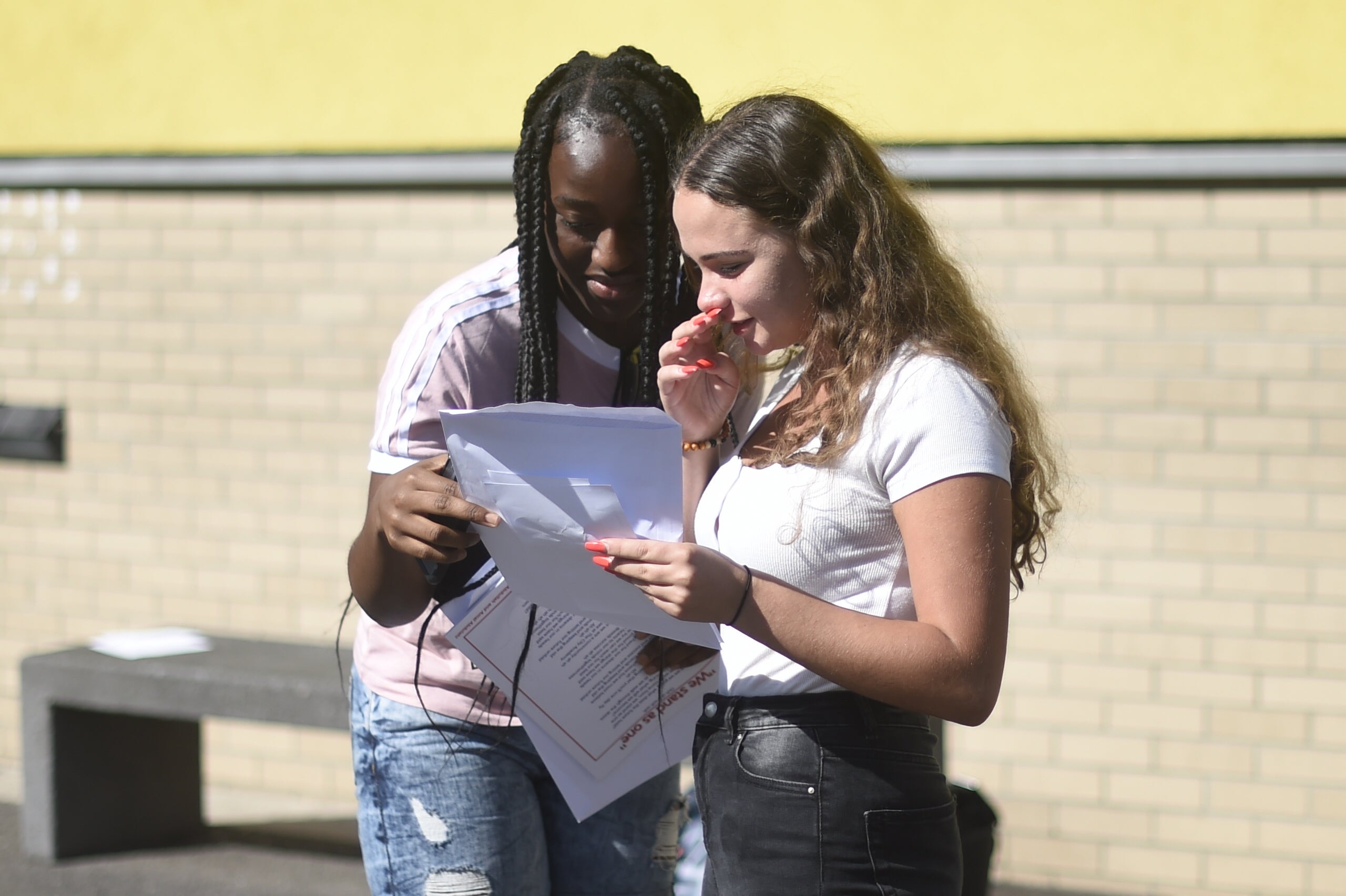
Students across England, Wales and Northern Ireland will receive their GCSE results on Thursday (25 August).
The exams returned for the first time this year following two years of disruption due to the Covid-19 pandemic.
Experts predict grades will follow a similar pattern to A-level results published last week, which were lower than last year – when teachers awarded students’ grades – but higher than in 2019.
This year’s results come amid a backdrop of the cost of living crisis, which has sparked fear that many young people may give up full-time education in favour of work.
Education minister Will Quince said that a “huge prioirty” for the government is to close the attainment gap across the country, after a north-South regional divide emerged in A-level results.
“Ensuring that wherever you live up and down our country that you have access to a world-class education, and you have the same opportunity – whether you live in Bournemouth or Barnsley - is really important to us, and every year up until the pandemic we’ve been closing the attainment gap,” Quince told Times Radio.
He added: “The pandemic has without question set us back on that mission. But to say that I am back on that with gusto would be an understatement.”
Some children may not receive the results they hoped for, and could feel disappointed, disheartened and unsure of what their future holds. We spoke to experts for practical tips on how to look after your mental health during this difficult time.
Talk about your feelings
Common feelings experienced on results day include anxiety, nervousness, sadness and pride.
Relationships counsellor and Counselling Directory member Georgina Smith says it’s helpful for young people to identify the emotion they are feeling.
“Remember everyone feels anxious around results for any exams, and every adult you know has felt that way at some point in their lives,” she said.

Parents can support their children by validating their emotions – no matter the outcome of their results – and ensuring they know that “feeling all sorts of emotions on results day is perfectly normal”, says Emma Selby, a nursing consultant who specialises in children and young adult mental health.
“Sometimes results aren’t what we hoped for, and we can feel disappointment and other times getting positive results can leave you feeling overwhelmed and exhausted,” Selby says.
Practice self-care
Selby and Smith agree that results day is the perfect opportunity to practice a little TLC.
On her advice for young people on the day, Selby said: “Give yourself a little love today and treat yourself to all the things you find most relaxing – time with friends, baking, watching a film – whatever you like to do to relax.
“It will help you to recharge your emotional battery so that managing your next choices, regardless of what further education or training you are looking to do, is easier.”
See the bigger picture

While GCSE exams are extremely important – they are the first formal record of your academic achievement – it’s helpful to remember that “they will feel less important the further you travel on your life journey”.
Selby says she often reminds her young clients that most of them have already had their resilience tested by other things in their lives. “They have coped before and will cope no matter what the results,” she says.
Set boundaries with parents
If you feel disappointed by your results, you may also be feeling embarassed.
Mental health charity YoungMinds recommends setting some boundaries about how your results are talked about. In its advice to parents, the charity said: “Agree with your child how they want their results discussed with family and friends, if at all.”
One way in which parents can be supportive on results day is by showing their children they are on their side.
This can be done through positive words of affirmation, or simply by getting your child their favourite snack.







